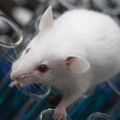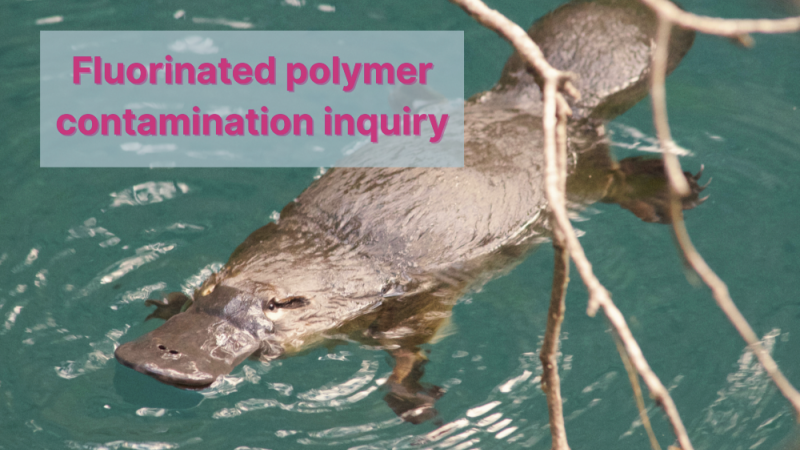Text to go here...
 Researchers have identified a new chemical (STF-31) that selectively kills kidney cancer cells by blocking their glucose supply. Kidney cancer accounts for over 2% of all diagnosed cancers in the UK and is the tenth most common cancer. Approximately 4,000 people die of the disease every year.
Researchers have identified a new chemical (STF-31) that selectively kills kidney cancer cells by blocking their glucose supply. Kidney cancer accounts for over 2% of all diagnosed cancers in the UK and is the tenth most common cancer. Approximately 4,000 people die of the disease every year.
STF-31 was tested in mice genetically engineered to have kidney cancer. The chemical halved the amount of glucose taken up by tumours and slowed growth. After 14-days treatment the mice showed no signs of damage to their normal tissue, had healthy immune systems and normal blood cell counts.
Scientists making new medicines to treat cancer look for chemicals that specifically target diseased tissue whilst leaving healthy tissue alone. Cancer cells produce energy from glucose in a different way to normal cells and require much higher levels of glucose to grow quickly when forming tumours. Currently, doctors exploit this to find tumours by measuring glucose uptake in different tissues, but now they hope they can stop the cells absorbing glucose and starve them to death as well.
To feed their glucose addiction kidney cancer cells produce lots of glucose transporters called GLUT1 which allow them to absorb more glucose. In a screen of 64,000 synthetic chemicals using a cancer cell line, scientists had previously identified STF-31. This molecule specifically blocks GLUT1, so starving the cell of glucose.
Last edited: 11 January 2022 13:24




